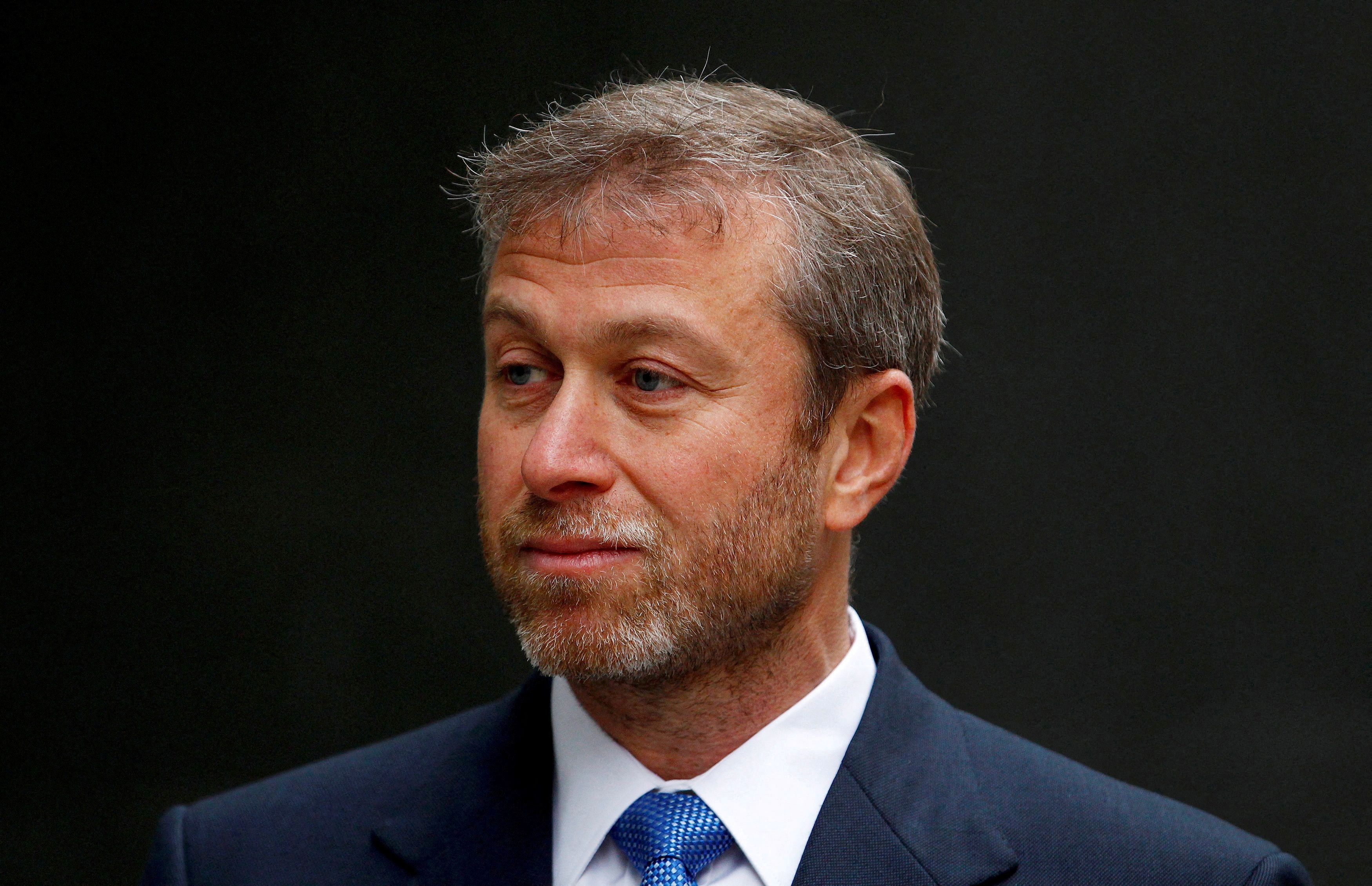Russian billionaire and former Chelsea Football Club owner Roman Abramovich avoided paying tax on his fleet of yachts through a scheme based in Cyprus, according to reports released on Tuesday.
A report compiled by a number of international news organisations and the Bureau of Investigative Journalism found through documents contained in the Cyprus Confidential papers that the scheme could have helped companies owned by Abramovich avoid paying tens of millions of dollars in tax.
The scheme, which is reported to have lasted from 2005 until at least 2012, involved Abramovich effectively renting his yachts to himself through shell companies, creating the illusion that they were being hired out to commercial customers.
This allowed the yachts’ operating companies to avoid paying VAT on things such as fuel, which on one of Abramovich’s most famous yachts, the Eclipse, amounted to over $2 million for a full tank.
The files uncovered suggest the VAT would have been due in Cyprus, Italy and a number of other European Union member states.
According to British newspaper The Guardian, Abramovich’s lawyers have insisted that he acted in accordance with professional tax advice and was never aware of or personally responsible for any alleged tax evasion.
The report stated that Abramovich owned two Cyprus-based trust companies, the Sara Trust and the Neptune Trust.
The Sara Trust owned yacht-owning companies and yacht-hiring companies registered in the British Virgin Islands, with the former leasing boats to Cyprus-based Blue Ocean Yacht Management and the latter hiring boats from them.
According to a leaked memo written by former Blue Ocean director John Holloway, the aim of the scheme was to avoid paying VAT on the purchase price of the yachts and the goods and services provided to them, which is levied at around 20 per cent across the EU.
The solution was for Blue Ocean to offer week-long “cruises” paid for by the companies based in the British Virgin Islands, which would generate enough income to cover the yachts’ expenses.
As such, the yachts were registered as “passenger vessels”, but were never actually hired out to real tourists.
The scheme’s potential risks were acknowledged by Holloway at the time, who wrote in 2005 that “we must all go into this structure with ‘open eyes’ and be aware of the risks.
“Our structure must as clearly as possible separate the different parties so that an investigator checking on our operation would see it as a legitimate structure. But we have to recognise that a determined investigator could eventually discover this is an in-house structure with the possible consequences that would entail.”
Leasing a yacht on commercial terms typically involves the signing of a time charter, a form of rental agreement, and emails sent by Holloway suggest that these may have been manufactured after the fact.
“If we are going to try and claim duty-free fuel in the future we need to be able to produce signed time charters within 24 hours. We must investigate how this is possible,” he wrote in 2005.
He had written in an earlier memo that “we will make all efforts to ensure that where it is possible, the time charters raised coincide with the actual use of the yachts”.
This was not always the case, however, with some time charters referencing locations which did not match a yacht’s actual location.
Time charters were backdated on more than 150 occasions, with one such case allowing Blue Ocean to save over $44,000 in VAT on a purchase of fuel in France.
Rita de la Feria, a law professor at the United Kingdom’s Leeds University, believes this may amount to unlawful tax evasion.
She told The Guardian that the Blue Ocean scheme “does look like an artificial structure in order to avoid paying the tax.
“Whether it is avoidance or evasion depends on whether in essence the business in question misrepresented information or concealed information,” she said.
She added, “from the documents that I have seen […] it does appear that there was some misrepresentation.
“If there is a misrepresentation of information, we are now passing the threshold from avoidance to evasion.”
Cyprus’ authorities caught wind of the scheme in the early part of the last decade, and in 2012 demanded that Blue Ocean pay more than €14m in unpaid taxes dated between December 2005 and August 2010.
The government of the day said Blue Ocean had failed to prove that its yachts were being used for commercial purposes. Blue Ocean fought the ruling, with Cyprus’ supreme court throwing out its final attempt at an appeal in March last year.
Asked by The Guardian whether Blue Ocean ever paid the tax bill that Cyprus determined was due, Abramovich’s lawyers did not comment.
Abramovich made billions in the 1990s and early 2000s after then-Russian Prime Minister Boris Yeltsin decreed that he be one of privatised oil producer Sibneft’s top executives. He eventually sold Sibneft back to the Russian government for $13bn in 2005.
He gained fame in the west after buying Chelsea Football Club in 2003, transforming the club into a European football powerhouse.






Click here to change your cookie preferences